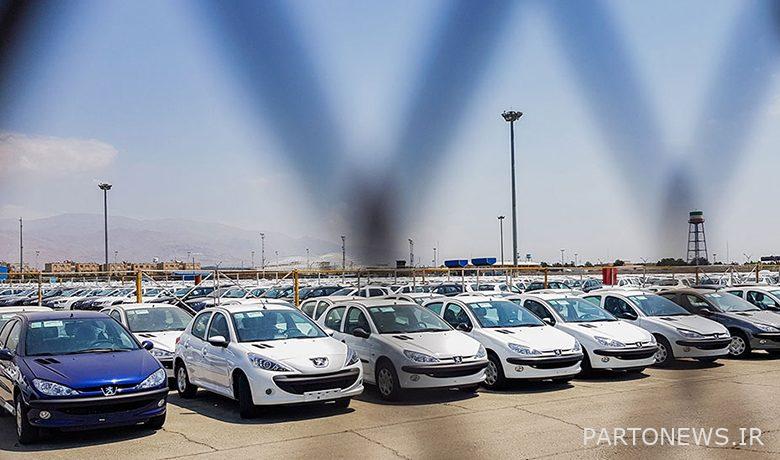Who is blocking the import of cars?

According to Tejarat News, after the Guardian Council and the Assembly opposed the liberalization of car imports, the Central Bank also opposed this decision. As the secretary of the Parts Manufacturers Association has announced, the Central Bank has firmly stated that it is not possible to provide the currency needed for car imports, and on the other hand, it opposes the export currencies being spent on car imports.
Apparently, this position of the Central Bank is a shot at the parliament’s decision to liberalize car imports. Because one of the objections of the Guardian Council and the Assembly to the recognition of car imports was the issue of providing the required currency.
Long line of car import opponents
Of course, according to the parliament’s plan, liberalizing car imports did not create any foreign exchange liability for the central bank, and imports were to be made in exchange for exports. But now the central bank has said it is “opposed to using export currencies to import cars.” “Because there are other priorities for imports.”
This position has been repeatedly stated by the Minister of Silence. Reza Fatemi Amin had said that until the currency balance is established in the country, the import of cars is not correct and it is against it.
The decision to liberalize car imports has gone to the parliament and the flaws of this plan are to be examined in the parliament. Even Minister Samat said that if the car import is approved in the parliament, the government will implement it.
But there seem to be many opponents of liberalizing car imports, and the bill is unlikely to pass in parliament.
Because the Guardian Council opposes this plan. Some members of the Expediency Council have explicitly opposed the resolution. Minister Samat said he did not agree with his import. Apart from this, the central bank has also said that it opposes the allocation of export currency for car imports.
An order that eliminated car imports
On the other hand, a few days ago, the import of home appliances that are similar to domestic ones was banned in the country. The president had said the policy was aimed at supporting domestic production. But foreign exchange traders said the reason for the ban was limited foreign exchange resources, which they saw as a signal for the dollar to rise.
Apart from these, dissenting voices are also heard from the parliament. A recent order by the president to ban the import of home appliances is another sign that even if the existing objections are removed, we do not have foreign exchange resources for imports.
The secretary of the Auto Parts Manufacturers Association also pointed to the lack of foreign exchange resources and said: “Some believe that in the current situation to supply basic goods and medicine that are people’s livelihood, we face the problem of limited foreign exchange resources, even if there is an export plan.” , The country’s pharmaceutical and food or strategic priorities should be addressed, not the car.
but this is not the whole story. Because imports were supposed to be in exchange for exports. A plan that said the car import monopoly would be given to carmakers. In such a way that domestic automakers export cars and import cars in return.
But Minister Samat’s promise to export has also been hampered. Because Iran had counted on the markets of Iraq, Syria and Lebanon to export cars. But now, in the first consultations, Iraq has rejected Iranian cars and said that Iranian-made cars do not meet the required standards.
Based on this, it seems that the issue of car import is ruled out. Even if the dispute between the Guardian Council and the parliament over the car import bill continues, it will probably be passed to the assembly to determine the task, and the members of this assembly have more or less stated their position on the car import.

